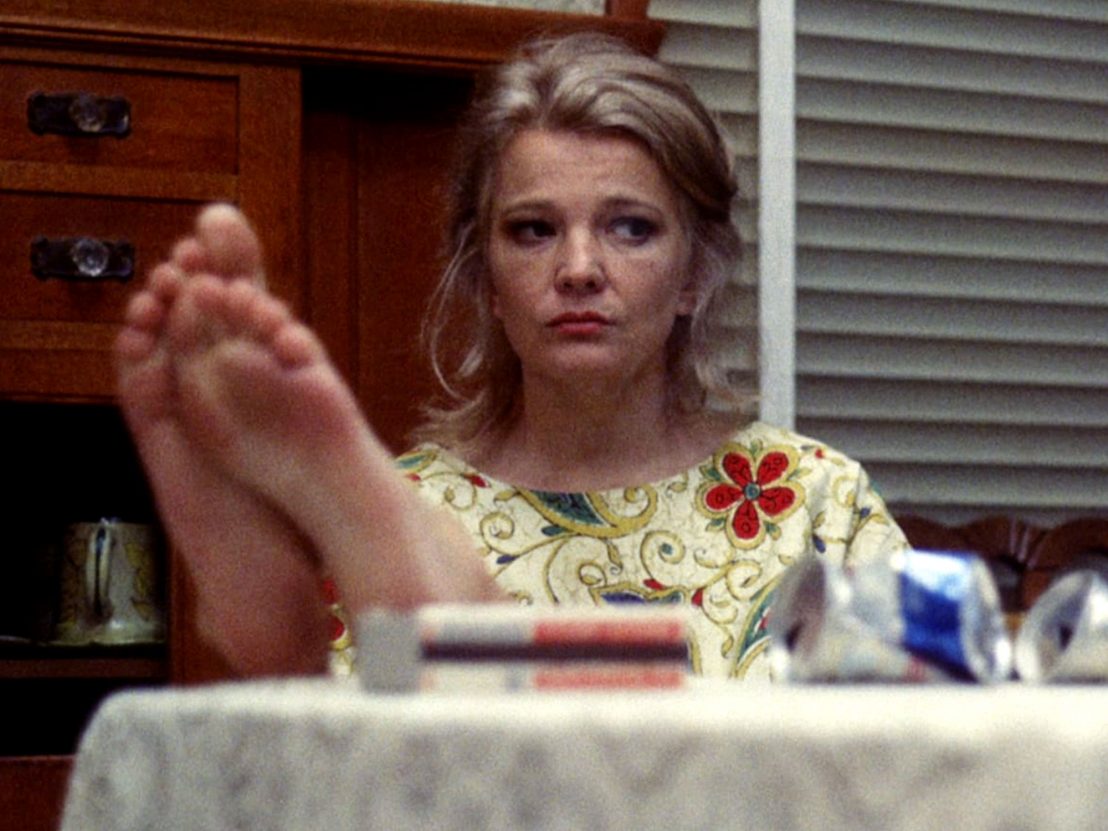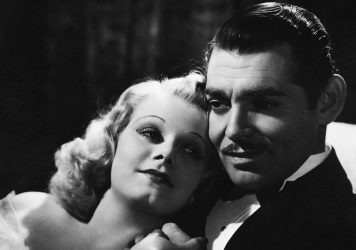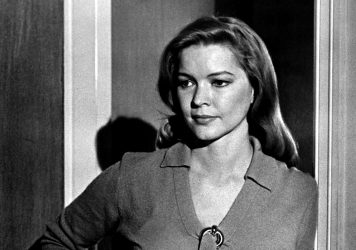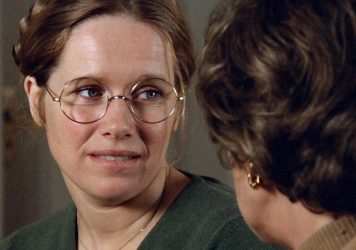
John Cassavetes’ 1974 film A Woman Under the Influence is a probing character study of Mabel Longhetti (Gena Rowlands), a wife and mother expected to fulfil the basic needs of a household whose psyche crumbles over the course of 155 emotionally-fraught minutes.
Cassavetes uses the family dinner table as the focal point of his critique of the gender stereotypes placed upon women in the home. Many of Mabel’s outbursts occur here, during both familial and social gatherings. This traditionally comforting and pleasant setting is juxtaposed with her perceived insanity, which we soon discover is little more than an expression of rebellion against the patriarchal box she is trapped in.
Cassavetes is less concerned with the details of Mabel’s neuroses than he is the social constructs which cause her to appear crazy while her husband Nick (Peter Falk) is perceived as sane. He is an obnoxious man with serious anger-management issues, his gruff paternalism as preordained as Mabel’s place in the home. Cassavetes presents a comparative portrait of husband and wife, mother and father, showing that their key difference is the privilege that comes with being a man.
Rowland contrasts Mabel’s mood swings and childish behaviour with her tender rapport with her children, complicating our reaction to and relationship with the character. She treats her children as equals and provides them with all the attention and care they need. In one touching scene she tells them, “You know I never did anything in my whole life that was anything except I made you guys.”
We are faced with the question of whether Mabel’s children are really better off without her when she is sent away for psychiatric treatment. It is evident that her mental state doesn’t prevent her from being a better parent than Nick, but her neurotic nature is hard to overlook and she is arguably a danger to more than just herself.
There is a child-like vulnerability to the way Rowlands approaches the role. Her physical mannerisms and tics reinforce her inability (or perhaps unwillingness) to change. There are, however, moments where she convinces us that Mabel has a genuine desire to conform. She invites a father (Mario Gallo) and his children over for a playdate only to throw him off with her lack of inhibitions and general over-enthusiasm. When the gathering begins to go wrong she tells him, “I’m awfully sorry, I really wanted it to be nice.”
Rowlands’ final and most telling outburst occurs once again at the dinner table after she returns home from the psychiatric hospital. She is welcomed back with a number of conflicting commands from her family members, Nick telling her to “just be yourself” and his mother (Katherine Cassavetes) instructing her to “calm down”.
She is visibly more docile than before, Rowlands deftly conveying Mabel’s internal struggle to hide her true emotions – a conditioning of her psychiatric treatment. She asks to tell a joke, and after some hesitant reassurance from her husband, does so. She takes a piece of tissue and uses it to simultaneously portray a boy and a girl, turning it from a moustache into a bow.
Rowlands plays Mabel as someone who has become detached from reality, having seemingly forgotten how to apply the social filters we all learn at a young age. We see her snap in a split second, from sitting at the dinner table in an almost sedated state to running to the couch and dancing on it, oblivious of her surroundings.
The subtle feminist comment Cassavetes weaves throughout A Woman Under the Influence prompts us to re-evaluate the traditional domestic roles that are preassigned to both husbands and wives. And it is Rowlands’ manic yet sensitive performance that highlights the psychological consequences of this oppressive system.
Published 17 Apr 2022

Her easy charm and chemistry with Clark Gable elevates this otherwise unremarkable workplace rom-com.

She inhabits the role of the frustrated housewife in Peter Bogdanovich’s 1971 drama with apparent effortlessness.

As she receives an honorary Academy Award, we celebrate Liv Ullmann’s lead turn in an Ingmar Bergman classic.